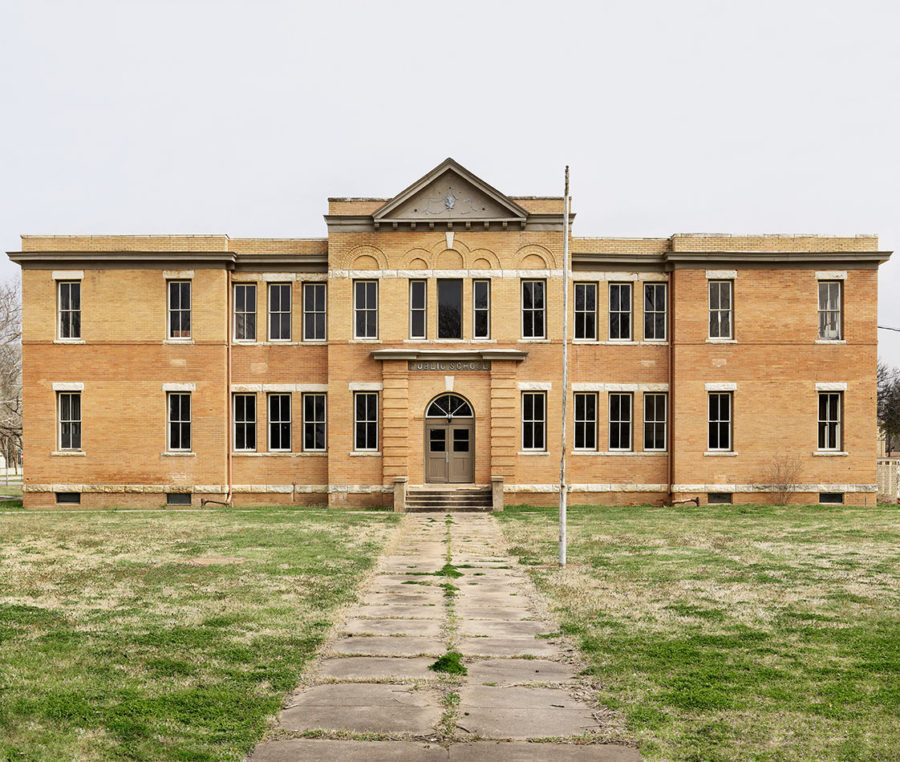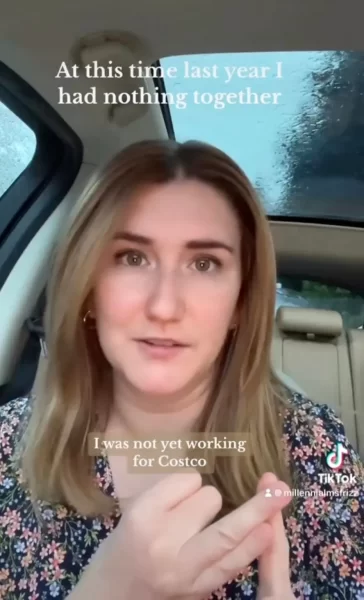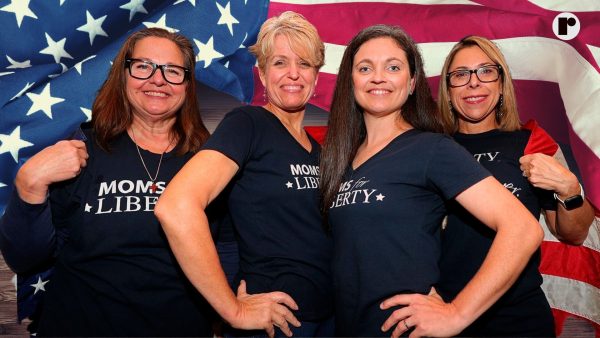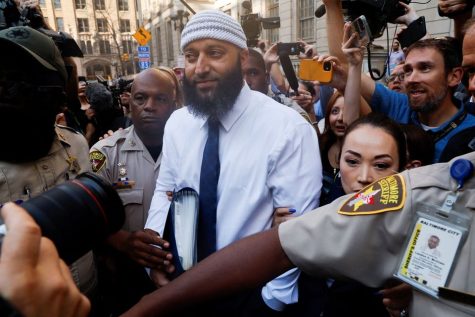An argument for public education
By definition, education is the process of receiving or giving systematic instruction, especially at a school or university. In the United States, the Constitution states that all kids, regardless of race, sex, ethnicity, legal or social status, have the right to be given an education. Public schools are schools supported by public funds, and, in this case, federal funds as well.
The United States has over 98,000 public schools, and in the fall of 2018 over 56 million students are attending these schools. The majority of America’s children attend a public school, yet these schools are the ones that are suffering the most.
The question is, why are public schools in America suffering?
The answer sadly lies in the very place that is supposed to be supporting public education. This year, Secretary of Education Betsy DeVos proposed a $7.1 billion cut in funding for the department, which represents a 10% decrease in its budget. This is the third year in a row where the Department of Education has faced cuts in its budgets.
While public schools are suffering, charter schools are receiving a $60 million increase in grants.
An education is a way for those who live in poverty to have a chance at climbing out of their financial hole. They are given opportunities, chances at higher education, and preparation to work in the real world.
However, these benefits are stifled when the poorer schools districts aren’t given the money they need to effectively educate their students. Their class sizes exceed 40, their equipment is outdated, teachers are underpaid, counselors overworked, facilities are in desperate need of repair, and the curriculum isn’t rigorous enough.
Lately, the stigma of education says that in order for you to be educated- you have to be wealthy. The name of your school or the area you came from matters greatly when it comes to applying for college or a job. A lot of this has to do with the problem of budgeting and allocating the appropriate amount of funding to public schools.
Let’s start with the 2019 budget cuts to programs essential to America’s promise of a free education to all: special education.
Secretary of Education Betsy Devos has proposed a budget that cut special education funding by nearly 26%, which is about a $25.5 million cut. Cuts to these programs give the idea that the Department of Education does not support kids with disabilities. What parents take away is that DeVos would rather give that needed money to charter schools than to help their children with physical or mental disabilities.
Teachers are also furious.
“I think the cuts to special education are deplorable. I also cannot understand why this extremely important department has been targeted with every single budget cut in the last two years. Teacher are underpaid, have poor benefits; students are crammed into classrooms without the resources they need, yet we continue to cut,” said a public school teacher from Naugatuck High School.
Money is an essential part to ensuring that public schools are filled with the tools they need. Even with a few hundred dollars, teachers can buy books or supplies that can be used in the classroom. A lot of what they buy comes out of pocket, and buying dozens of notebooks or pencils every few months is not exactly cheap. That money they use to personally purchase supplies comes from a teacher’s very limited paycheck.
This past January over 30,000 teachers walked out of Los Angeles public schools in protest of their low wages and nearly impossible workload. Upwards of forty kids are crammed in their classrooms, and they don’t have enough staff support to help them give these kids the best possible education.
A lot of these teachers are on strike not because of their wages, but because they feel their students deserve better. A lot of this can come from money given to them from the federal budget.
Education is making sure the next generation can become inspiring, successful and active citizens. The government is failing them and those who teach them. They aren’t giving them the support they need.
“I do not feel that the current administration supports public education. The Secretary of Education appointed by this president has clearly discussed her agenda of charter schools and school choice. Some of the changes she wants to make could bankrupt some school districts in this country,” reported the anonymous educator to The Greyhound News.
The Department of Education could do a much better job at making sure the students of America are given the best education they can possibly get. That doesn’t start with charter schools like Secretary DeVos believes, but in the public schools where the majority of the United States’s students attend.
Another issue is, are teachers being abused in the school systems?
Overcrowded classrooms don’t just hinder a student’s education, but the teacher’s work environment as well. The more kids in a classroom, the harder it is to teach – the less time they have to help struggling students and try new methods of teaching.
In a world where technology is evolving around us, teaching methods and innovation haven’t changed much within the last few years. Kids in a K-12 environment have more access to smartphones, tablets, and computers. They need to learn the value of their resources, and how to use them in a smart and efficient way.
Instead of blaming teachers for not knowing how to adapt to the modern world, or students who are constantly using technology to access information- why doesn’t the Department of Education provide training to educators in the rapidly changing world?
Teachers are often used as the scapegoat when students fail or act out. More often than not, they are viewed in a negative light in society and are blamed when anything goes wrong in a school or with a student. The solution to this shouldn’t be punishment or turnover- but professional development. The classroom is rapidly becoming more diverse and modern.
“Teachers should be provided with relevant and powerful professional development that will help them teach all the children in this country, not just the wealthy ones,” said the NHS educator.
However, despite the challenges teachers face- and the lack of support from the DoE, teaching is one of the most common jobs in America. There are over 3.6 million educators teaching in public and private schools, and for the most part these people aren’t going into the profession for the money. They do it because they love to teach. They love working with children. They love making a difference in a family’s life and watching their students grow and develop into well- rounded human beings.
As Nelson Mandela once wisely said, “Education is the most powerful weapon which you can use to change the world.”
Without education, where would any of us be today? How can we as a country move forward without having the knowledge and tools to do so?
The Department of Education should realize the value of public schools. They should realize that they are abusing the very future of America. By helping United States public schools, they can pave a clear pathway to a brighter and better future.

I am a senior at NHS, who would like to pursue a career in education and writing. I took Journalism to improve my writing skills and because I believe...












